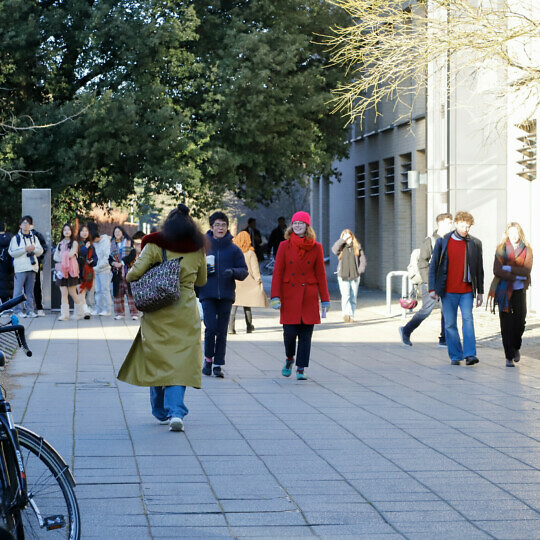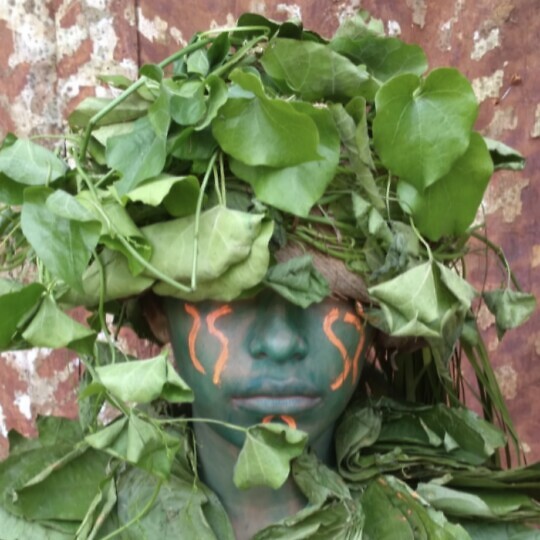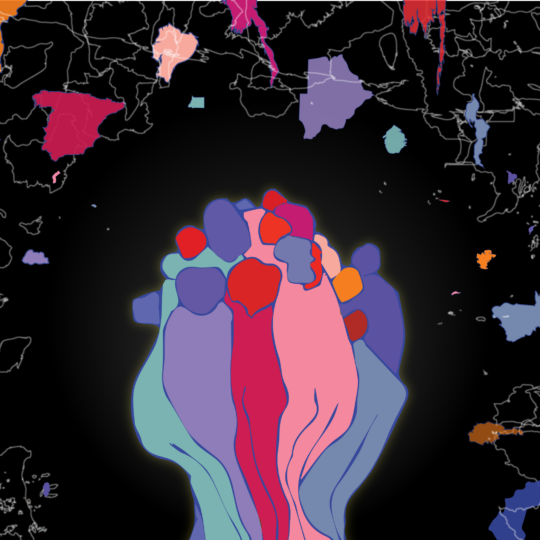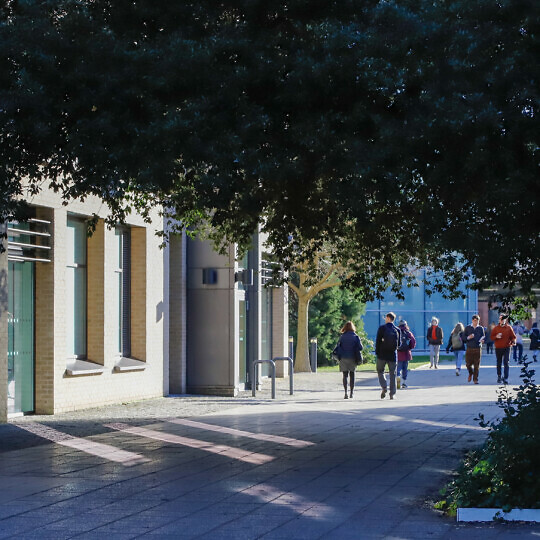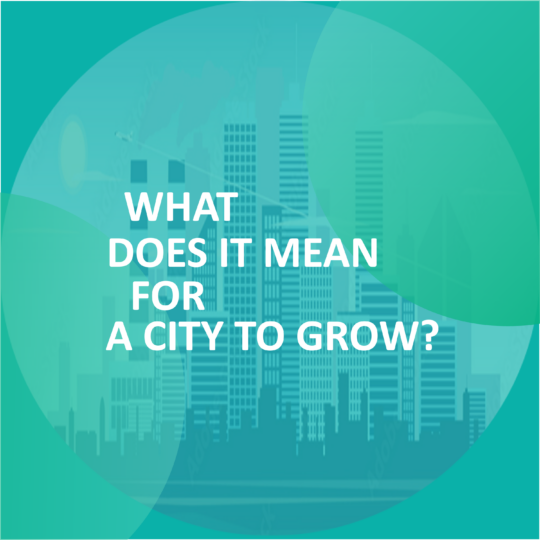| 26 Jun 2014 - 27 Jun 2014 | All day | Scott Polar Institute, Lensfield Road CB2 1ER | |
- Description
- Programme
- Outline
Description
Conveners
Françoise Barbira Freedman (Social Anthropology, University of Cambridge)
Piers Vitebsky (Scott Polar Reserach Institute)
Summary
From local to vast intercontinental exchanges, flows of plants have always been accompanied by human transactions or translations on cultural, intellectual, political and economic levels. Recent research prompts us to re-assess what relationships may have been obscured in colonial projects and, more recently, in bioprospecting – relationships rarely addressed due to disciplinary boundaries. How is our understanding of past and present, material and non-material values associated with plants being transformed across local, regional and global levels?
We can regard plants as bundles of ecological knowledge, of know-how on propagation and cultivation, novel uses and key understandings about human physiology and therapeutic applications. These bundles of knowledge are passed on and transformed along the routes over which plants are carried. Traceable over time, this process is of interest not only for the analysis of plant dissemination, , the complex continuum from wild species to cultivars and the adaptation of plants to changing climates, but also when addressing the role of plants and plant communities in structuring social relationships. New insights from chemistry, plant sciences, and the social sciences increasingly challenge past anthropocentric perspectives on plants and invite further discussion.
Changing factors such as resource depletion, climate change, hegemonic shifts, and economic disparities are affecting plant flows. Yet they also offer incentives to develop new approaches, particularly with regards to conservation. There is a need to address the cultural gap between the muted plant exchanges that continue to support grassroots horticulture and the new traffic of seeds and cash crops embedded in economic development. Both forms of cultural traffic not only transform regional borders but also circulate contrasting values, objects, practices, meanings and identities that are not easily reconciled.
This symposium aims to raise greater awareness not only of past flows of plants but also of the creativity presently displayed by local actors to overcome barriers set by both international law and obsolete concepts inherited from earlier anthropology.
Interest in immaterial resources associated with plants has developed in parallel with new approaches to biodiversity and conservation since the late 1990s. While international conventions and patent law give priority to owners and inventors of plant knowledge, the discourse of traditional rights supporting indigenous people’s ancestral knowledge has become entrenched in essentialist notions of communities and tradition. Pre-empting a polarization between TEK, (traditional ecological knowledge) and cosmopolitan intellectual property, and between tradition and technological innovation, a focus on the movements of plants and the material and non-material resources linked to them may allow new interpretations of what constitutes ‘knowledge’ of and ‘cultural property’ vested in plants.
We are fortunate that two outstanding Cambridge Professors, Sir David Baulcombe from Botany and Plant Sciences and Dame Marilyn Strathern from Social Anthropology, will respectively open and close this conference.
Sir Ghillean Prance will be our keynote speaker.
Acknowledgement
This conference aims to expand on some of the innovative ideas developed by Professor Dame Marilyn Strathern in the ESRC collaborative project that she coordinated a decade ago: ‘Property, Transactions and Creations: New Economic Relations in the Pacific’. It is intended both as a tribute to her pioneering thinking in the area of ‘cultural property’ and as a dynamic platform from which young scientists can engage with her work.
Sponsors

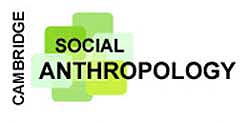

Supported by the Centre for Research in the Arts, Humanities and Social Sciences (CRASSH), The Scott Polar Institute, the departments of Plant Sciences and Social Anthropology, the Centre of Latin American Studies and two private donnors who wish to remain anonymous.
Accommodation for speakers selected through the call for papers and non-paper giving delegates
We are unable to arrange or book accommodation, however, the following websites may be of help.
Visit Cambridge
Cambridge Rooms
University of Cambridge accommodation webpage
Administrative assistance: events@crassh.cam.ac.uk
Programme
| DAY 1 - 26 June 2014 | |
| 9.00-9.30 | Registration |
| 9.30-10.00 | OPENING ADDRESS
|
| 10.00-11.00 | KEYNOTE
Chairs: Piers Vitebsky (SPRI, University of Cambridge) and Françoise Barbira Freedman (Social Anthropology, University of Cambridge) |
| 11.00-11.30 | Refreshments |
| 11.30-12.15 |
Discussants: Luiseach Nic Eoin and Katherine French (University of Oxford) |
| 12.15-13.00 |
Chair: Professor Sir Geoffrey Lloyd (Needham Research Institute, University of Cambridge) |
| 13.00-14.15 | Lunch |
| 14.15-15.30 | PARALLEL SESSIONS Workshop 1 (Unilever Theatre, Department of Chemistry)
Chair: Beatrix Schlarb Ridley (British Antratic Survey) Workshop 2 (Lecture Theatre, Scott Polar Institute)
Chair: Patricia Howard (University of Wageningen) |
| 15.30-16.00 | Refreshments
|
| 16.00-16.40 |
Chair: Sarah Franklin (Sociology, Cambridge) |
| 16.40-17.10 |
Chair: Sarah Franklin (Sociology, Cambridge) |
| 17.10-17.30 | GENERAL DISCUSSION Chair: Piers Vitebsky (Scott Polar Research Institute) |
| 18.00-19.30 | Drinks reception at the Sainsbury Institute, in the Cambridge Botanical Gardens Before 18.00, entrance on Station Road and possibility of visiting the gardens. |
| DAY 2 - 27 June 2014 | |
| 9.00-9.30 |
Chair: Roy Ellen (University of Kent) |
| 9.30-10.00 |
Chair: Roy Ellen (University of Kent) |
| 10.00-10.30 |
Chair: Sarah Radcliffe (Geography, Cambridge) |
| 10.30-11.00 | Refreshments |
| 11.00-12.15 |
Chair: Sarah Radcliffe (Geography, Cambridge) |
| 12.15-13.00 |
Chair: Woody Caan (Royal Society of Public Health) |
| 13.00-14.15 | Lunch |
| 14.15-15.30 | PARALLEL SESSIONS Workshop 1 (Unilever Theatre, Department of Chemistry)
Chair: Miachel Heirich (University College London) Workshop 2 (Lecture Theatre, Scott Polar Institute)
Chair: Raj Puri (University of Kent) |
| 15.30-16.00 | Refreshments |
| 16.00-16.45 |
|
| 16.45-17.30 | CLOSING COMMENTS Chair: Dame Marilyn Strathern (Social Anthropology, Cambridge) |
| 19.00 | Conference Dinner for Speakers and Chairs at Gonville and Caius College |
Posters will be on display for the duration of the conference, discussion times to be booked with authors
|
Outline
The People and Plants symposium is proposed in the context of the Cambridge EthnoBio Research Forum, a university cross-school network based in the Division of Social Anthropology. Cambridge Plant Sciences has facilitated the creation of this Forum. Its aim is to facilitate interdisciplinary communication and collaboration among researchers engaging with issues related to local resources and their ownership. This inaugural symposium is intended to stimulate conversations around plants and plant knowledge among archaeologists, anthropologists, plant scientists and interested researchers in the life sciences. A focus on the dynamics of plant flows addresses research in action, enabling scholars to look beyond their own disciplines within both sciences and the humanities in the wider context of political ecology and political economy.
This symposium is congruent with the current agenda of CRASSH (Centre for Research in the Arts, Social Sciences and Humanities) to promote “a different, more inclusive relationship between the academic and non-academic worlds” central to the concept of public engagement, according to the National Coordinating Centre for Public Engagement (NCCPE).
Not only academics but also researcher-activists and agents engaged in linking research with conservation, social and economic development, drug discovery, and legislation related to flows of plant materials are warmly invited to take part in this symposium. Invitations to speakers will be selective to ensure the possibility of productive exchanges in the symposium format. The chairing and discussion sections of sessions will however enable active intervention from other participants. A poster session will make space for the presentation of students and post-docs’ current projects, together with any research that cannot be included in the two-day program.
Sessions/Themes
1. Trans-regional flows, past and present. Besides well-known histories of the Great Exchange, how have movements of plants across regions contributed to continually re-structure plant knowledge? Are there patterns in humans’ fascination with exotic plants? What do movements of plants reveal about species selection and controversial processes of domestication? Can cross-disciplinary insights from anthropological, archaeological, historical, philosophical, biological, and chemical evidence bring new elements to the discussion of how people structure their relations with plants?
2. Plants and their bundles of knowledge. How is the value of plants constituted in local plant exchanges? What adaptations have been made to accommodate incommensurable perceptions of value in local and global perspectives? Besides the debate between utilitarian and intellectual components of plant value, can a discussion of immaterial components of value contribute to the design of better conservation, biodiversity, and heritage management programs? Case studies with a focus on plant value are invited across disciplines.
3. Plant genetics and the transformation of plant knowledge and value. This session invites papers that discuss the implications of the new methodological and theoretical perspectives brought about by recent developments in plant sciences on human-plant relationships. What new challenges have appeared, including the politics and policies surrounding the acquisition and control of biodiversity resources? Also, what possibilities are associated with the blurring of material and immaterial values of plants? Can ethno-bio initiatives still contribute to global science or is the revival of ‘native science’ merely social and cultural?
4. New flows of cultural value around ‘people and plants’. Biodiversity and its associated mandate to ‘sustain and preserve’ have created a cascade of transformations in perceptions of plant value. Creative strategies across multiple environments for the conservation of plants and their immaterial values are inscribed in global political economic trends but they also have the potential to shape new human-plant relations in the 21st century. Both general papers and case studies exploring this potential are invited.


